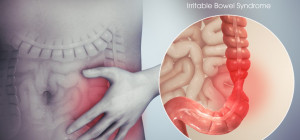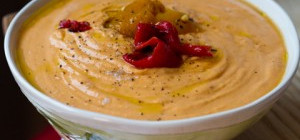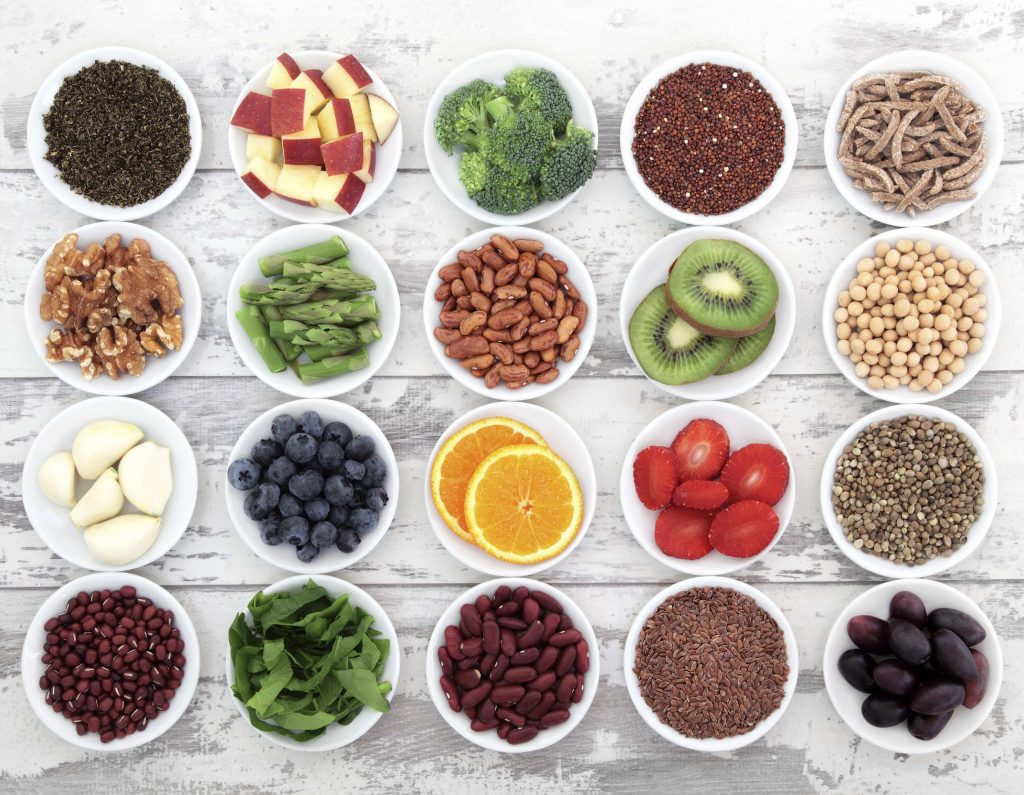
Buttery caramels coated in milk chocolate and sprinkled with smoked sea salt or a bowl full of ripe oranges? For most of us, the choice is obvious! For some, it is quite saddening. Not being able to eat what both your heart and your gut desire can be the most frustrating problem in the world, especially if you like to consider yourself a gourmand, a sweet-tooth, or simply an epicurean.
hr
Year after year, nutrition specialists go an extra mile in their efforts to find precise causes and treatments for food allergies. Whatever progress has been made thus far, allergy-stricken bon vivants are nowhere near pleased. With every bite, these food loving hedonists risk quite a lot. Unfortunately, the only secure alternative is to avoid certain types of fare altogether.
There are, however, some nutrition hacks you can learn to employ and practice in order to avoid allergy attacks; most importantly, they don’t imply restriction, but dietary alteration. Here’s how to control and manage food allergies without having to shun away all that’s juicy, succulent and luscious.
1. A Cup Of Green Tea in the Morning

When faced with another allergy reaction, your body generously releases a chemical called histamine. In order to calm the attack down, the organism needs a counter force – that’s where antihistamine enters the scene.
Peaches, apples, pomegranates, ginger, chamomile, thyme and garlic are all antihistamine-rich, thus being the greatest fighters against inflammation. Still, when it comes to battling histamine-spurred food allergies, nothing is more potent than a tall, bottomless cup of green tea. For morning sneezing in particular, there is not a better nor a more natural cure.
2. Gentle Benefits of Mediterranean Diet

According to the Stanford center’s website, 90 percent of food allergies are caused by these eight foods: cow’s milk, soy, wheat, peanut, tree nuts, shellfish, fish, and eggs. Though packed with sea produce, the Mediterranean cuisine is one of the healthiest in the world, with new findings proving its gentle effect on unfortunate asthmatics.
Straight from the vegetable and fish market, fresh Mediterranean food is a quite powerful health booster – by building immunity, white fish, olive oil, whole grains, and greens simultaneously increase your chances for keeping food allergies under control, according to an alternative treatments study from the 2013 Journal of Asthma.
3. Probiotic Infusions
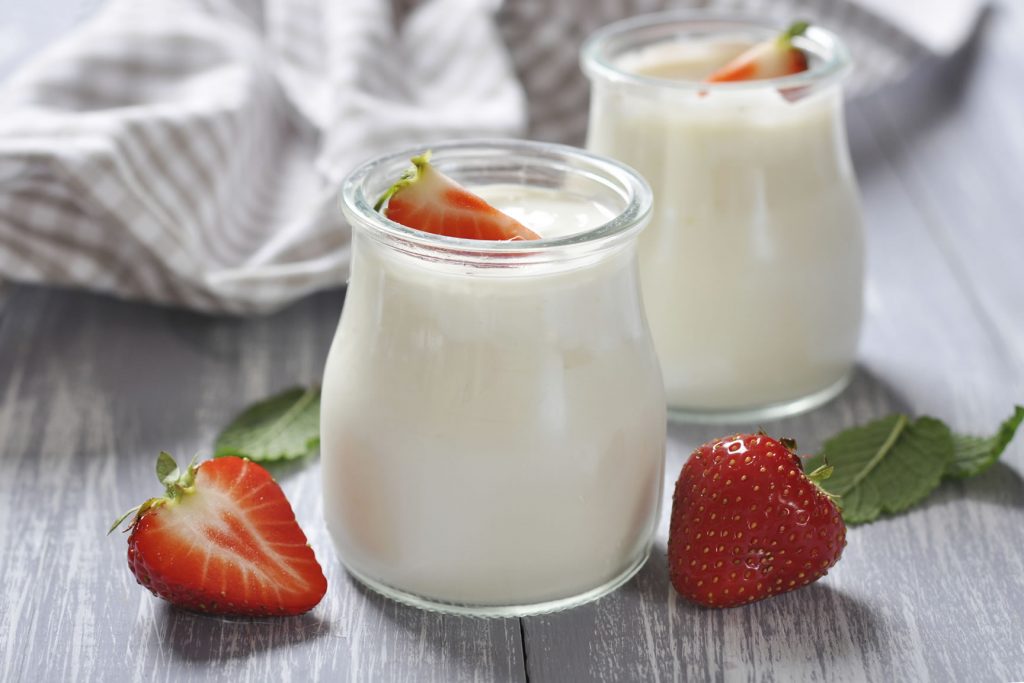
Among all food allergy success stories you can hear or read online, the most frequent are those with probiotics. Simply start an elimination diet and follow it through, most of them claim, then include probiotics into your daily routine and start reintroducing allergens one at the time.
Even when not backed up by expert advice, these stories make a compelling case for an argument that 99% of food allergies are beatable with healthy, all-natural probiotics. Along with other fermented dairy products like kefir, yogurt is the most obvious source of this immunity-boosting bacteria.
4. Omega-3 against Eosinophil Activities
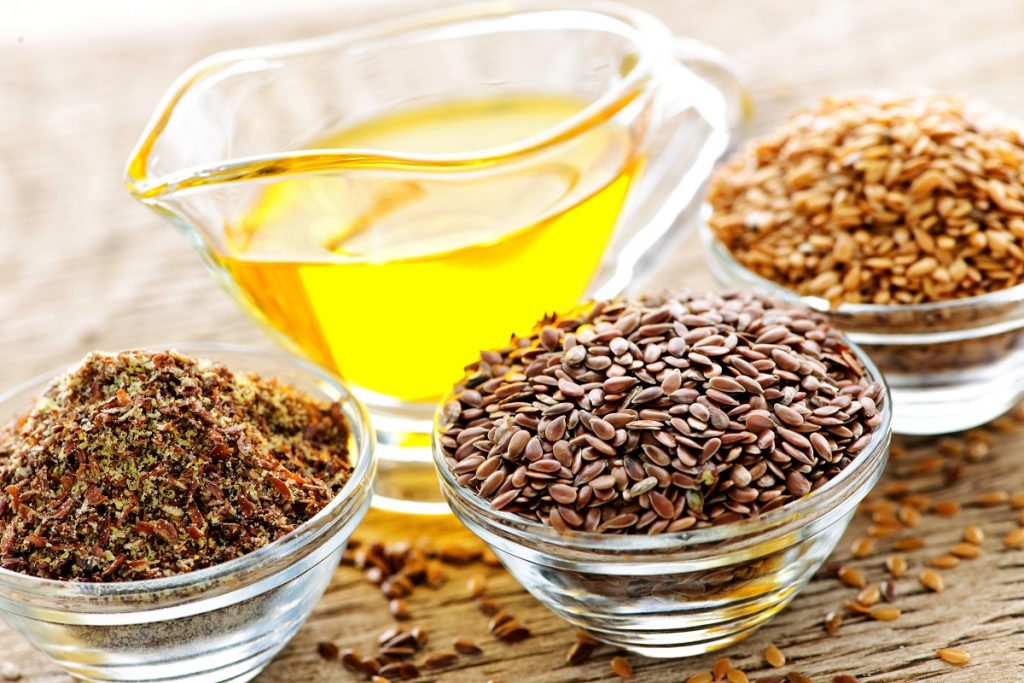
Though some food allergies can be easily ameliorated, others may lead to more severe outcomes such as anaphylactic shock, for which the use of adrenaline is paramount. As argued by a number of studies, these cases can be avoided with omega-3 fatty acids.
Apart from being super-nutritious, omega-3 may manage lung function, thus preventing coughing, runny noses, sneezing, and other common symptoms of asthma and allergy, and all that by reducing eosinophil activities responsible for modulating the immune and inflammatory nature of allergic respiratory responses.
5. What to Selectively Avoid

If prone to food allergies, or any similar type of this annoying condition, histamine-packed spicy foods are not exactly your comfort fare. Nevertheless, the histamine levels are here tolerably high, which means that you can get piquant and seasoned as much as you’d like, at least after the allergy season has passed.
Although quite opposite to flavor some cuisine, raw foods can act in the same way once the sneezing season peaks – to avoid attacks, steer clear from raw apples and lettuce.
6. What to Avoid at Any Cost

This is an easy one! Like any other nutrition-based health issues, allergies greatly suffer from processed food in almost all cases. Anything excessively salty, seasoned, fried, and caloric can increase your problems and make them harder to manage. Most importantly, this applies to snacks.
Whatever your allergies might be and however they might choose to manifest themselves, sound dietary choices can make a world of change. And, with a balanced nutrition, plenty of greens of the plate, and regular probiotic infusions, food allergies are almost guaranteed to make the retreat.



